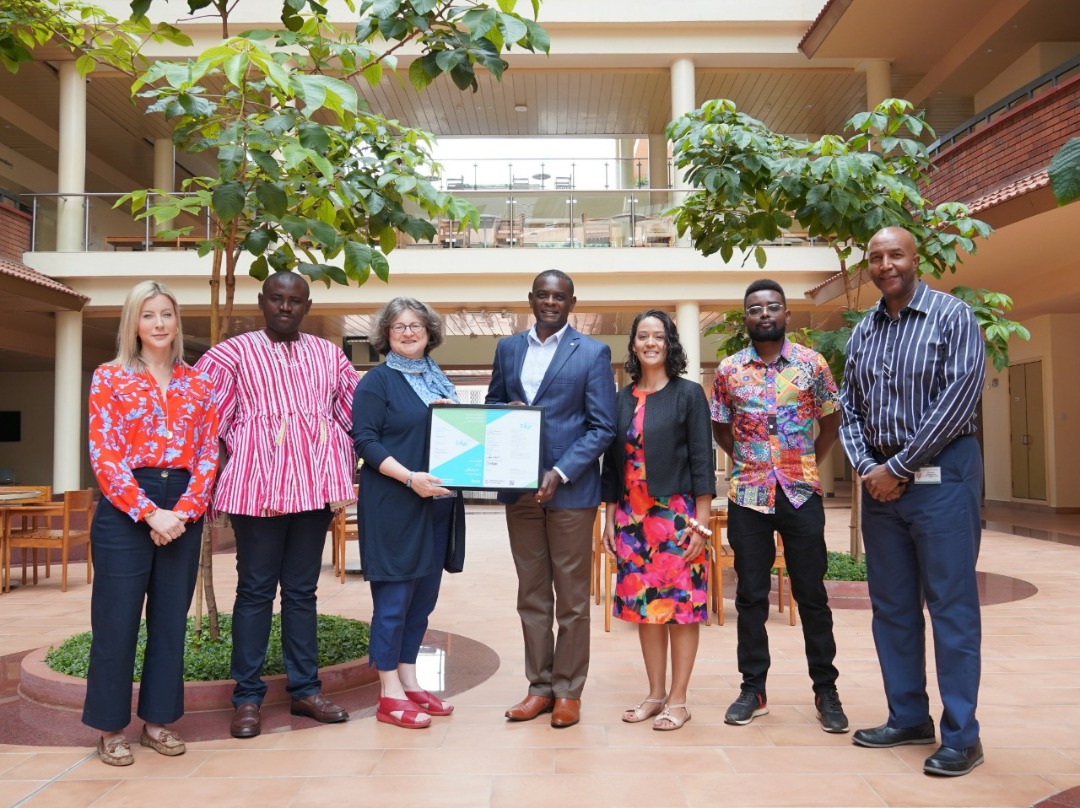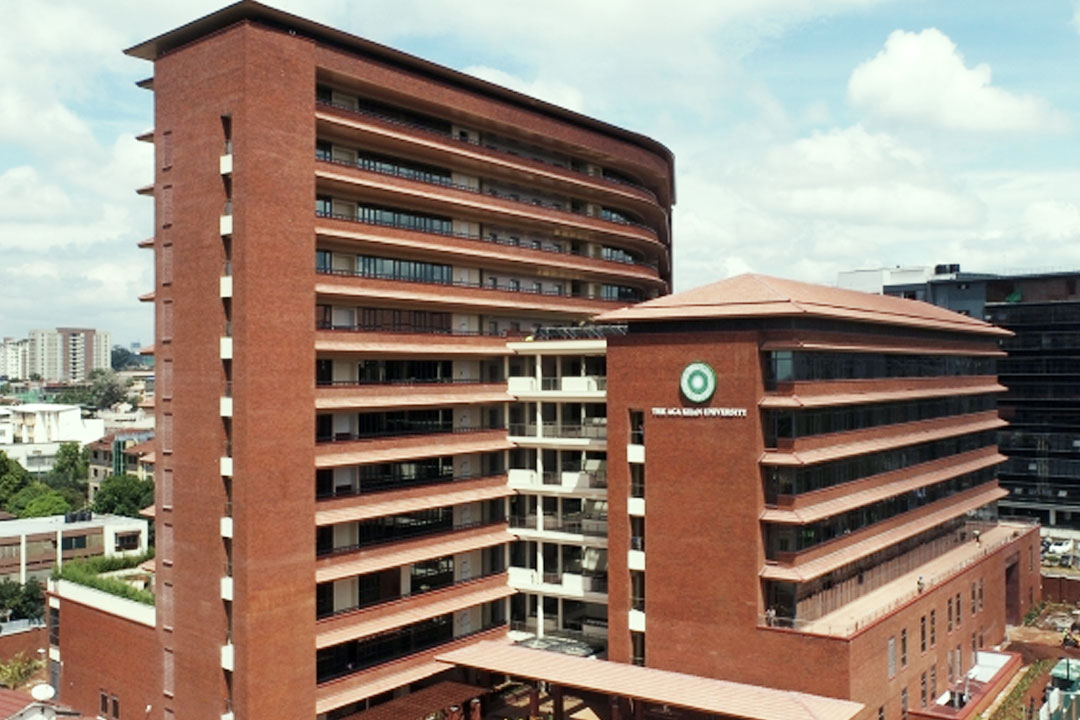EDGE Advanced requires that at least 40 percent energy is saved in the building operation in contrast to an average new construction in the respective area, and at least 20 percent savings in both water and embodied energy in materials.
From inception, the University Centre has considered sustainability aspects while designing with the user in mind and making the most of the very small site of less than two acres. The porosity of the building allows the prevailing breezes to ventilate the interior and exterior spaces, reducing energy consumption air conditioning.
“The certification of the University Centre is exemplary for its holistic approach, taking sustainability and energy reduction right into the building design, not something added on later. Similarly, designing spaces that allow students and educators to nourish their learning is something other institutions in the region can learn from," said AKU President Dr Sulaiman Shahabuddin.

During the day, heat is absorbed by concrete, and at night, when the temperature drops, the concrete cools, allowing it to serve as a heat sink again the next day. The Excellence in Design for Greater Efficiencies (EDGE) Advanced certificate exemplifies achievement in energy savings, water savings, and less embodied energy in construction materials.
Mark Careaga, the Project Representative for the Lead Consultant, Payette, reflects on the design experience: “This unique 'inside-out' building, which creates an urban experience in miniature within a small, constrained site, shows how architecture, landscape, urban design, and sustainability can be woven together into a coherent composition, creating a highly functional academic building with a distinctive campus life experience."

The Aga Khan Development Network (AKDN), and with it AKU, has set itself the ambition to attain net zero carbon operations by 2030. Detailed greenhouse gas accounting of AKU's operations has found that over 80 percent of energy is consumed by and in buildings. The AKDN's Green Building Policy mandates a number of measures, including new buildings to achieve at EDGE Advanced or even EDGE Zero standards, regular energy audits, or that each year five percent of existing building space becomes carbon neutral to operate.
EDGE, Excellence in Design for Greater Efficiencies, is the International Finance Corporation's innovation to mainstream green buildings and thus help fight climate change. EDGE was created to respond to the need for a measurable and credible solution to prove the business case for building green and is currently available in more than 170 countries.

